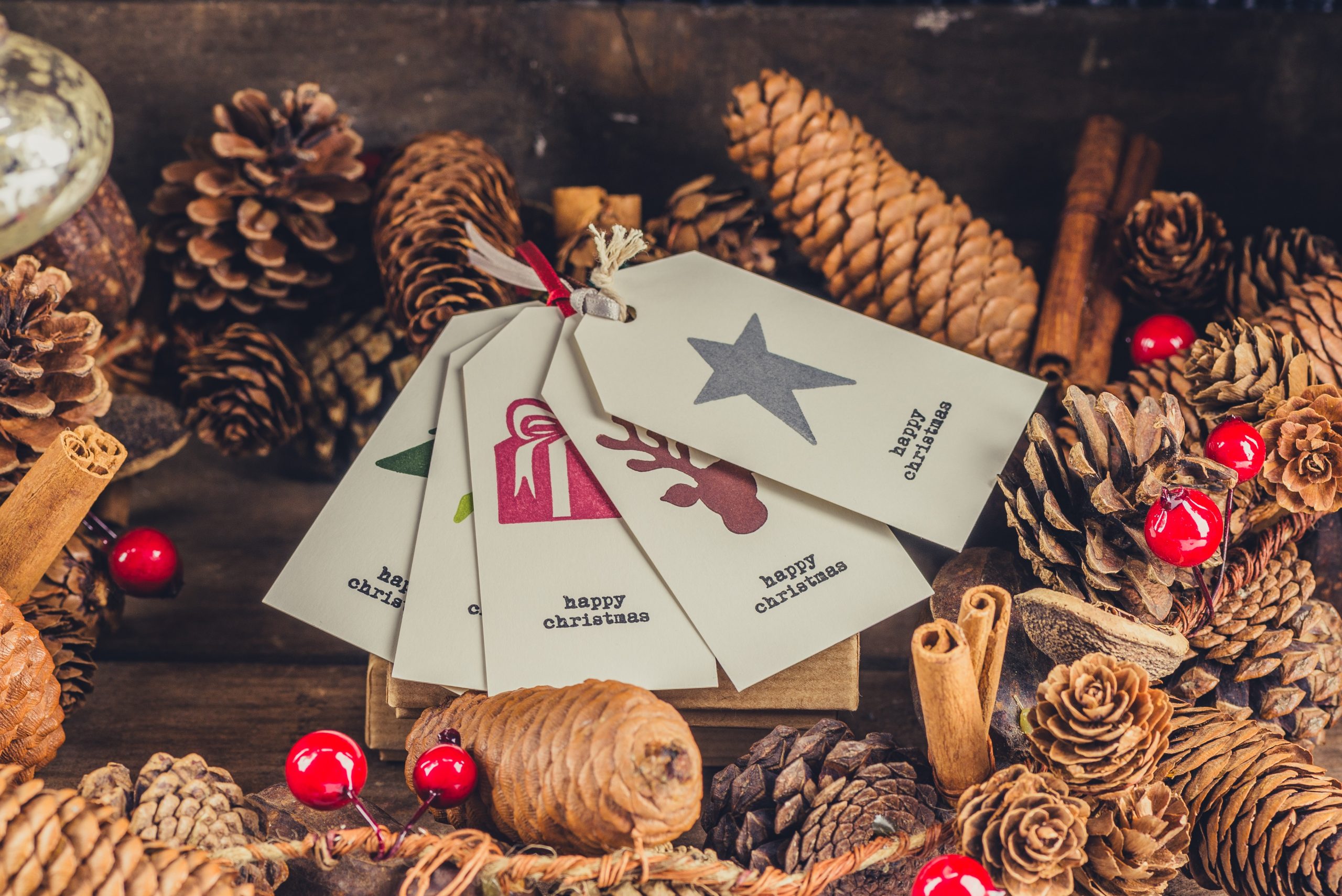

How to plan a Holiday Season lesson

As winter comes around, it becomes time to plan Christmas lessons or add a Christmas theme to various things you do from songs to English boards to games. This is, of course, a great thing to do, especially as Christmas varies greatly across the world, with traditions different from Japan where it is a new holiday focused on Kentucky Fried Chicken and Christmas Cake. However, something to keep in mind is that Christmas isn’t the only holiday you should do.
Christmas is a new arrival to Japan, but it is very much something everyone knows. From the time Halloween ends, you will begin to see Christmas decorations everywhere. However, there are many holidays that we take for granted in North America/Western Europe/Oceania that many people here in Japan have never heard of.

One such that I like to teach to the little ones is Hanukkah. Every single adult teacher I’ve spoken to in Japan has never even heard of it, so unless you have students with a lot of overseas experience or family, chances are if you teach it you will be the first to ever tell them about it. Of course, much like with Christmas you should teach it secularly and not by preaching religion. One way I stay safe with that is to print out information on Hanukkah in Japanese and have the HRT explain it to the students (in Japanese) at their own discretion.
The easy thing about Hanukkah to teach is that it comes with a very famous game that kids can play—Dreidel! While I went out of my way to buy bulk dreidels and stickers (in place of coins) for kids to play with, you could easily make your own out of paper (or have students make them—there are plenty of paper templates available online). Add simple English instructions to play, some Hanukkah vocabulary (dreidel, menorah, candle, coins, and present are what I go with), and an HRT’s explanation for the holiday and you have a fun and memorable lesson great for first or second grade elementary students, special ed, or English club.

November’s Thanksgiving is another holiday I’ve begun to integrate. It may only apply to Americans but honestly, I support teaching international holidays before one’s own. Similar to Hanukkah, I print out information in Japanese for the HRT to give background. Because the history of the first Thanksgiving with Pilgrims and Native Americans is complicated for young kids with no background on American history (and potentially a can of worms) I focus more on the food aspect of the holiday. I use words like turkey, pumpkin pie, carrots, corn, potatoes, sweet potatoes, and so on as the target vocabulary for first and second graders and show off pictures with how it is served on Thanksgiving and large Thanksgiving dinners. Many students aren’t familiar with turkeys (besides maybe Disneyland turkey legs) so also be sure to show off pictures of the animal and how big they are compared to chickens.
In terms of Thanksgiving activities, this was difficult for me to come up with. Since I focus on food as the target language, I decided to have students play karuta with food vocabulary—a quick and easy game that students already know the rules of. I usually end the lesson with having students make “hand turkeys” as a more culture-based activity as I so often did in my own American elementary school.
Beyond that, there are many other winter holidays you could easily add for wintertime. New Years, various Catholic holidays, the original pagan Yule, Boxing Day, Kwanzaa, and more! I don’t teach those, but even ones I am unfamiliar with I have made cultural English boards for kids to look at.

Lastly, I know that all ALTs come from very diverse backgrounds. Some of you may come from a background or have personal beliefs that make teaching Christmas more uncomfortable. Don’t be afraid to teach holidays from your own background instead (as long as you aren’t preaching religion) or even go as is common in America nowadays with nondenominational winter themes. I mean, if you are someone unable to celebrate Christmas for personal reasons, that too could be something to introduce to students without getting too deep into religion or controversial subjects.
Overall, while I do try to have Christmas be a part of my seasonal lessons every year, as a cultural ambassador to the world, I do think everyone should at least consider all the other holidays throughout the year—and don’t be afraid if it is not from your culture! I’ve asked friends and acquaintances about Diwali, Ramadan, Day of the Dead, and various other cultural aspects and every single time they have been thrilled to hear me want to incorporate their culture and activities into my teaching. As long as you are both respectful and careful to avoid skirting the limits of what you can and can’t teach, and you can have lessons, games, English boards, etc showcasing just how diverse the world is!

A. C. – Fujimino ALT






